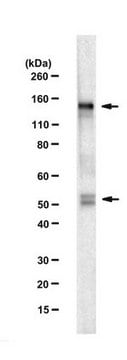MAB2511Z
Anti-VCAM-1 Antibody, clone P8B1, Azide Free
clone P8B1, Chemicon®, from mouse
Synonym(s):
CD106, MAB2511
Sign Into View Organizational & Contract Pricing
All Photos(1)
About This Item
UNSPSC Code:
12352203
eCl@ss:
32160702
NACRES:
NA.41
Recommended Products
biological source
mouse
Quality Level
antibody form
purified antibody
antibody product type
primary antibodies
clone
P8B1, monoclonal
species reactivity
human
manufacturer/tradename
Chemicon®
isotype
IgG2b
NCBI accession no.
UniProt accession no.
shipped in
dry ice
target post-translational modification
unmodified
Gene Information
human ... L1CAM(3897) , VCAM1(7412)
Specificity
MAB2511Z recognizes the human VCAM-1 molecule. The antibody inhibits VLA-4 (integrin alpha4beta1) binding and recognizes a different epitope than that which is recognized by MAB2144 (P3C4 clone).
Application
Anti-VCAM-1 Antibody, clone P8B1, Azide Free is an antibody against VCAM-1.
Function blocking
Optimal working dilutions must be determined by end user.
Optimal working dilutions must be determined by end user.
Physical form
Format: Purified
Liquid in 0.2 M phosphate buffer to 0.25 M NaCl, pH 7.6, containing no preservatives.
Other Notes
Concentration: Please refer to the Certificate of Analysis for the lot-specific concentration.
Legal Information
CHEMICON is a registered trademark of Merck KGaA, Darmstadt, Germany
Not finding the right product?
Try our Product Selector Tool.
Storage Class Code
12 - Non Combustible Liquids
WGK
WGK 2
Flash Point(F)
Not applicable
Flash Point(C)
Not applicable
Certificates of Analysis (COA)
Search for Certificates of Analysis (COA) by entering the products Lot/Batch Number. Lot and Batch Numbers can be found on a product’s label following the words ‘Lot’ or ‘Batch’.
Already Own This Product?
Find documentation for the products that you have recently purchased in the Document Library.
Jane Bryant et al.
Arthritis and rheumatism, 64(7), 2137-2146 (2012-01-26)
To examine the migratory properties of cytokine-activated T (Tck) cells. Tck cells were generated by culture of peripheral blood T cells in the presence of interleukin-6 (IL-6), tumor necrosis factor α, and IL-2. Changes in cell surface phenotype were analyzed
Our team of scientists has experience in all areas of research including Life Science, Material Science, Chemical Synthesis, Chromatography, Analytical and many others.
Contact Technical Service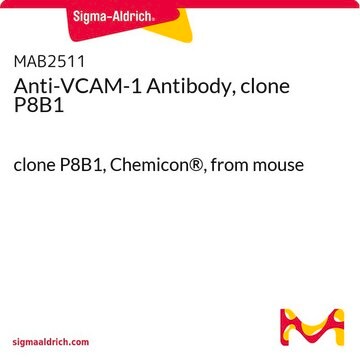

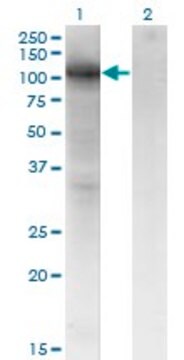
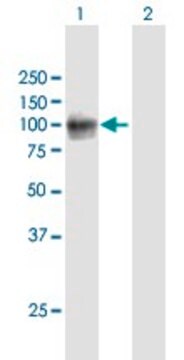
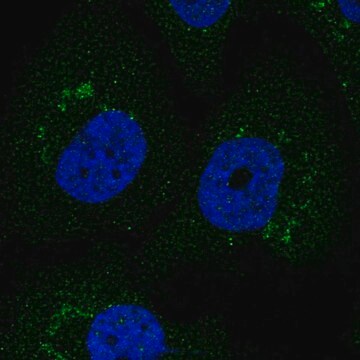
![Anti-CD62E [ELAM-1] Antibody, clone 1.2B6 clone 1.2B6, from mouse](/deepweb/assets/sigmaaldrich/product/images/224/939/8a711839-25ef-4e45-badd-208503950c8a/640/8a711839-25ef-4e45-badd-208503950c8a.jpg)

